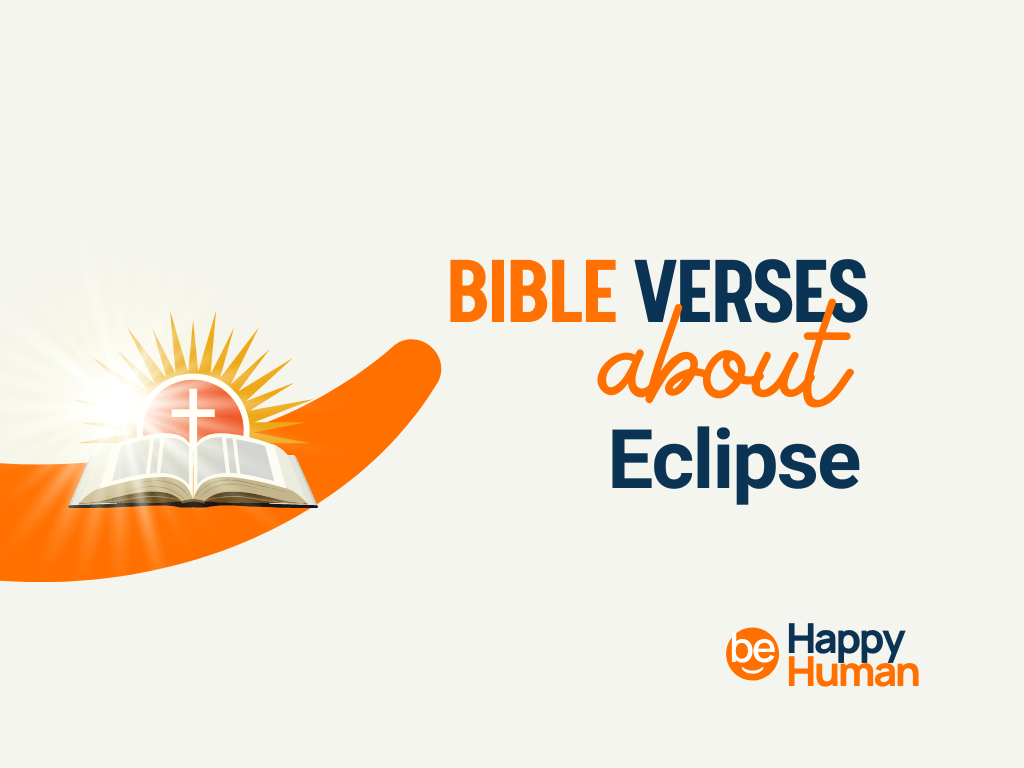Unveiling the Abomination: What Does the Bible Say About Moloch?
The Bible, a tapestry of history, law, poetry, and prophecy, often unveils the darkest corners of human behavior to illuminate the path of righteousness. Few figures embody this stark contrast as vividly as Moloch, a deity whose very name evokes horror and revulsion. Often mentioned in conjunction with child sacrifice, Moloch stands as a chilling testament to the spiritual depravity that can grip humanity when it turns away from the one true God. But what exactly does the Bible say about Moloch, and why is it still relevant today?
The name "Moloch" likely originates from the Hebrew word "melech," meaning "king." However, while some scholars believe that Moloch was simply another name for the Canaanite god Baal, others argue that he was a separate deity altogether. Regardless of his exact identity, Moloch's worship was characterized by a horrific practice: child sacrifice. Ancient sources describe a bronze statue of Moloch, heated until it glowed red-hot, upon whose outstretched arms infants were placed, their screams drowned out by the frenzied chanting of worshippers.
The Bible unequivocally condemns the worship of Moloch, explicitly forbidding the Israelites from participating in this abhorrent practice. The book of Leviticus warns, "Do not give any of your children to be sacrificed to Molek, for you must not profane the name of your God. I am the Lord" (Leviticus 18:21). This commandment is repeated throughout the Old Testament, highlighting the gravity of this sin in God's eyes. The prophets, too, railed against the worship of Moloch, linking it to idolatry, injustice, and the exploitation of the vulnerable.
The biblical condemnation of Moloch serves as a stark reminder of the dangers of idolatry and the seductive nature of false gods. By offering their children to Moloch, the Israelites were essentially choosing to serve a deity who demanded the ultimate sacrifice—the very lives of their children. This act of spiritual treason represented a complete rejection of Yahweh, the one true God who had delivered them from slavery and promised them a land flowing with milk and honey.
While the practice of child sacrifice to Moloch may seem like a distant horror confined to the pages of history, the underlying message of this biblical condemnation remains relevant today. The human heart, prone to wander, is still susceptible to the allure of false gods—idols that promise happiness, fulfillment, and security, but ultimately lead to emptiness and despair. These idols can take many forms—wealth, power, fame, pleasure—and demand our unwavering allegiance, often at the expense of our relationships, our integrity, and even our very souls.
The story of Moloch serves as a chilling reminder of the depths of depravity to which humanity can sink when it strays from the path of righteousness. By understanding the historical context and the severity of this sin in God's eyes, we gain a deeper appreciation for the sanctity of life, the importance of worshipping the one true God, and the constant need to guard our hearts against the insidious allure of idolatry.
Finding your tribe the power of friendship in the philippines
Five nights at fandom exploring how fans react to the afton family
Decoding march madness your guide to espn bracket predictions













